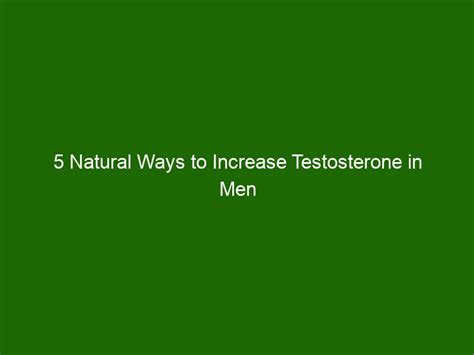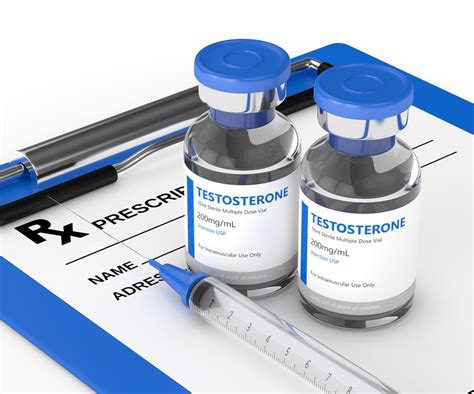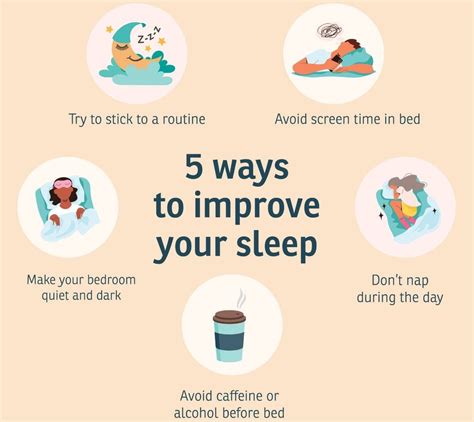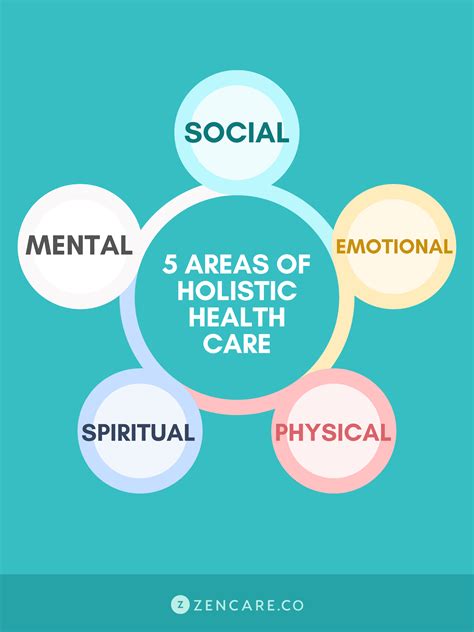How do men optimize diet & training to naturally boost testosterone & energy?

The Vital Connection: Testosterone, Energy, and Men’s Health
For men, optimal testosterone levels are not just about muscle mass or libido; they are fundamental to overall well-being, influencing mood, cognitive function, bone density, and, critically, energy levels. As men age, or due to modern lifestyle factors, testosterone can naturally decline, leading to symptoms like fatigue, reduced mental clarity, decreased strength, and a general lack of vitality. The good news is that through targeted dietary and training interventions, men can significantly boost their natural testosterone production and reclaim abundant energy.

Dietary Strategies for Hormonal Harmony
Your diet is the cornerstone of hormone production. What you eat directly impacts the raw materials your body has to synthesize testosterone and fuel your energy systems.
Macronutrient Mastery
- Healthy Fats: Crucial for testosterone synthesis. Don’t fear fats! Incorporate monounsaturated and saturated fats from sources like avocados, olive oil, nuts, seeds, fatty fish (salmon, mackerel), and grass-fed dairy. Aim for 25-35% of your daily calories from healthy fats.
- Adequate Protein: Essential for muscle repair and growth, which supports a healthy metabolic environment conducive to testosterone. Include lean meats, poultry, fish, eggs, and plant-based proteins like legumes and tofu. Target 1.6-2.2 grams of protein per kilogram of body weight.
- Complex Carbohydrates: Provide sustainable energy and prevent cortisol spikes, which can suppress testosterone. Opt for whole grains, fruits, and vegetables over refined sugars and processed carbs. Time your carb intake around workouts for optimal performance and recovery.
Micronutrients and Specific Foods
- Zinc: A key mineral for testosterone production. Found in oysters, red meat, poultry, beans, nuts, and whole grains.
- Vitamin D: More of a hormone than a vitamin, adequate levels are strongly correlated with higher testosterone. Get regular sun exposure and supplement if necessary.
- Magnesium: Improves free and total testosterone levels. Rich sources include leafy greens, nuts, seeds, legumes, and whole grains.
- Cruciferous Vegetables: Broccoli, cauliflower, Brussels sprouts contain indole-3-carbinol, which helps excrete excess estrogen, allowing testosterone to have a greater effect.
- Antioxidant-Rich Foods: Berries, dark leafy greens, and colorful vegetables combat oxidative stress, which can negatively impact hormone health.
Avoid excessive sugar, processed foods, trans fats, and excessive alcohol, all of which can disrupt hormone balance and drain energy.

Training for Peak Performance and Testosterone
Your workout regimen plays a significant role in stimulating natural testosterone production.
Strength Training is King
Resistance training, particularly using compound movements that engage multiple muscle groups, is incredibly effective. Exercises like squats, deadlifts, bench presses, overhead presses, and rows stimulate a significant hormonal response. Focus on lifting heavy weights for moderate repetitions (e.g., 6-12 reps per set) with progressive overload, aiming to lift more over time.
High-Intensity Interval Training (HIIT)
Short, intense bursts of exercise followed by brief recovery periods can also boost testosterone and growth hormone, while improving cardiovascular health and fat loss. Integrate 1-2 HIIT sessions per week, such as sprints or intense circuit training.
Avoid Overtraining
While intense exercise is beneficial, excessive training without adequate recovery can elevate cortisol and suppress testosterone. Listen to your body, incorporate rest days, and consider deload weeks.

Lifestyle Pillars: Sleep, Stress, and Smart Supplementation
Beyond diet and training, several lifestyle factors profoundly impact your hormonal health and energy.
The Power of Quality Sleep
Testosterone is primarily produced during deep sleep. Chronic sleep deprivation can drastically lower testosterone levels. Aim for 7-9 hours of quality, uninterrupted sleep per night. Establish a consistent sleep schedule, create a dark, cool, and quiet bedroom environment, and avoid screens before bed.
Stress Management
Chronic stress elevates cortisol, a hormone that directly competes with testosterone and can suppress its production. Implement stress-reducing practices such as meditation, deep breathing exercises, yoga, spending time in nature, or engaging in hobbies you enjoy.
Smart Supplementation (If Needed)
While a whole-food diet is paramount, certain supplements can help address deficiencies or provide additional support: vitamin D3 (especially if sun exposure is limited), zinc, magnesium, and adaptogens like Ashwagandha, which can help manage stress and support testosterone.

Bringing It All Together: A Holistic Approach
Optimizing testosterone and energy is not about a single magic pill or a quick fix. It’s a holistic, synergistic process involving consistent, intelligent choices across your diet, training, and lifestyle. By prioritizing nutrient-dense foods, engaging in effective strength and interval training, ensuring adequate sleep, and managing stress, men can naturally enhance their hormonal profile, boost their energy levels, and unlock a greater sense of vitality and well-being.

Conclusion
Taking control of your diet, training, and lifestyle is a powerful step towards naturally elevating testosterone and sustainable energy. These intentional choices create a positive feedback loop, where increased testosterone improves training capacity, better training enhances energy, and improved energy motivates healthier dietary choices. Embrace these strategies as a sustainable path to optimal male health and a more energetic, thriving life.









